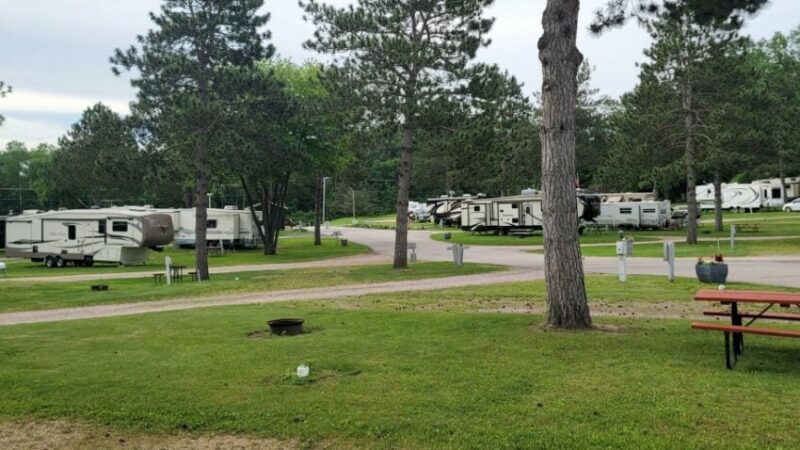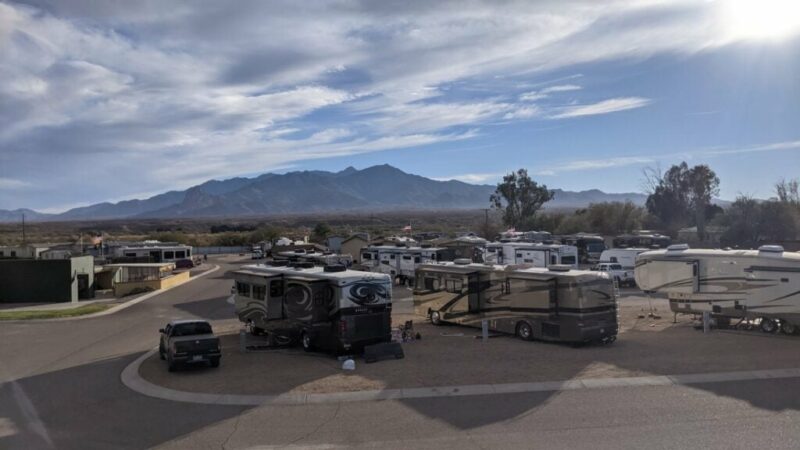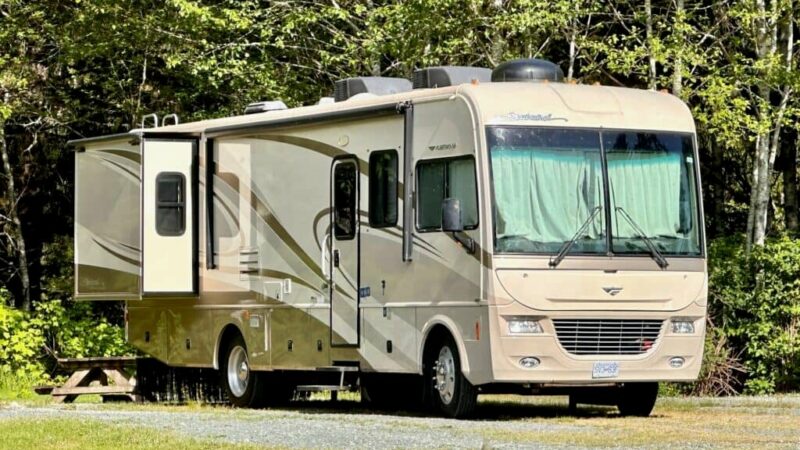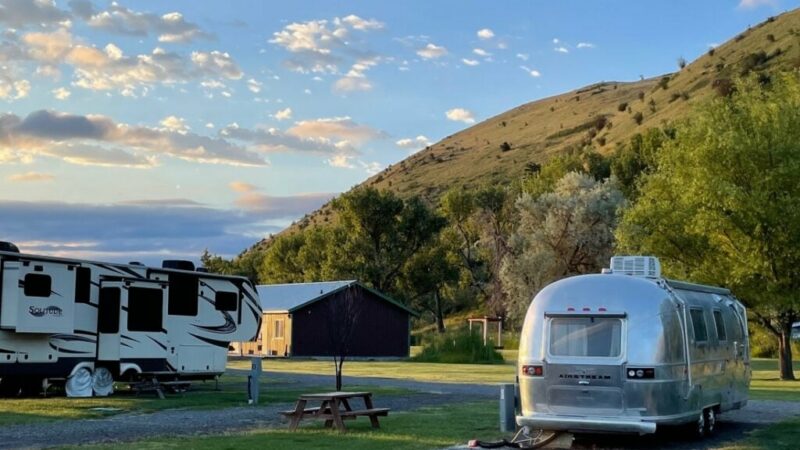4 HOA Rules About RVs That Might Surprise You
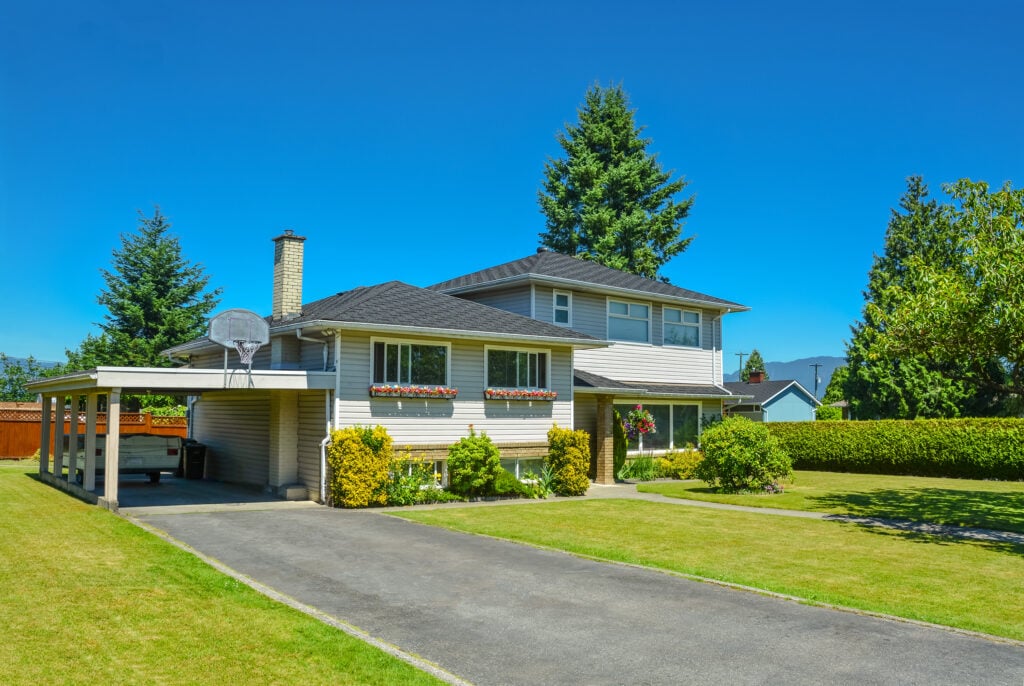
HOA Rules That RVers Should Know About
Home Owners Associations (HOAs) maintain standards set out by the communities they represent. They kind of act as property managers for planned communities including single-unit housing, townhouses, and apartment buildings.
While most HOAs recognize that RVs are a part of the lives of many homeowners, they also realize that RVs take up a lot of parking space. Not only that, but some RVs can become a significant hazard during severe weather events like hurricanes.
HOAs have to balance the needs of RV-owning homeowners with the needs of the greater community. For this reason, there are some common HOA rules that RVers should know about.
Common HOA rules regarding RVs
While every HOA is different, there are three things they all seem to have in common. Namely, they don’t want eyesores on the HOA property. They don’t want RVs blocking off parking spaces. In addition, HOAs generally don’t want people living or staying in their RVs in their developments.
That being said, there are some HOA communities that recognize that RVing is a popular pastime. Therefore, they provide some form of RV storage.
The Private Communities Registry (PCR Communities) has a long list of HOA communities in the US that provide on-site RV storage. However, every HOA is different.
Here are the HOA rules that RVers should know about, especially if you are planning to buy in an HOA.
1. RVs are not allowed to be stored in public view, including driveways, sideyards, and backyards.
Three Oaks HOA in Sarasota, Florida has a typical rule about storing RVs:
“The HOA rules do not allow residents to permanently park or store their campers, boats, trailers or similar vehicles in the driveway of their lot. Residents are also prohibited from storing these types of vehicles in their front or side yards, or any place that is within the public view. Residents are permitted to park and store these types of vehicles inside their garage.”
While the rule makes it clear that you have to keep your RV out of public view, you are allowed to park one out of sight in your garage. This should be obvious because your HOA has no jurisdiction inside your home or garage.
2. The time an RV can be stored on your property is limited to under three days.
It’s really common for HOAs to limit the time your RV can be parked in view of public areas to three days. This is so RVs can be loaded and unloaded within a reasonable timeframe. That being said, some HOAs are more strict about this rule than others are, with some allowing up to five days before they issue a warning letter or fine.
It’s best to find out about temporary RV parking limits before you buy into an HOA community. If possible, ask the HOA when you are researching the property in question.
3. RVs aren’t allowed to be used as temporary housing on your property.
Many planned communities don’t allow you to live in your RV on your own lot while you build your home. However, some communities will allow you to occupy an RV on your lot for a stipulated period of time. This may be six weeks or six months, depending on the HOA.
But what about using an RV for emergency short-term accommodation? RVers should know that while some HOAs may allow them to temporarily occupy an RV on their property in an emergency situation such as a fire, they shouldn’t count on being able to stay on their RV without the HOA’s express permission.
4. RVs can’t be used as short-term guest accommodations.
With few exceptions, HOA communities that provide RV storage won’t allow you to use your RV as a guest house. Furthermore, this rule applies whether your guest is staying for a night or for a week.
You may be asking, why can’t I use my RV to accommodate my guests for a night? It’s because insurance for RV storage is only valid for unoccupied RVs stored on the property. Besides, some people would undoubtedly take advantage of allowing occasional short-term RV use by using the RV on a regular basis.
If you are considering purchasing or even renting a property in any sort of planned community, it makes good sense to understand the HOA rules regarding RVs before you sign anything. Otherwise, you may find yourself in a situation where you have to find expensive (and unplanned) off-site RV storage.
Join the RV LIFE Community
Forums such as iRV2.com and blog sites like RV LIFE, Do It Yourself RV, and Camper Report provide all the information you need to enjoy your RV. You’ll also find brand-specific information on additional forums like Air Forums, Forest River Forums, and Jayco Owners Forum.
Related articles:
The post 4 HOA Rules About RVs That Might Surprise You appeared first on RV LIFE.
Source: https://rvlife.com/hoa-rules/




